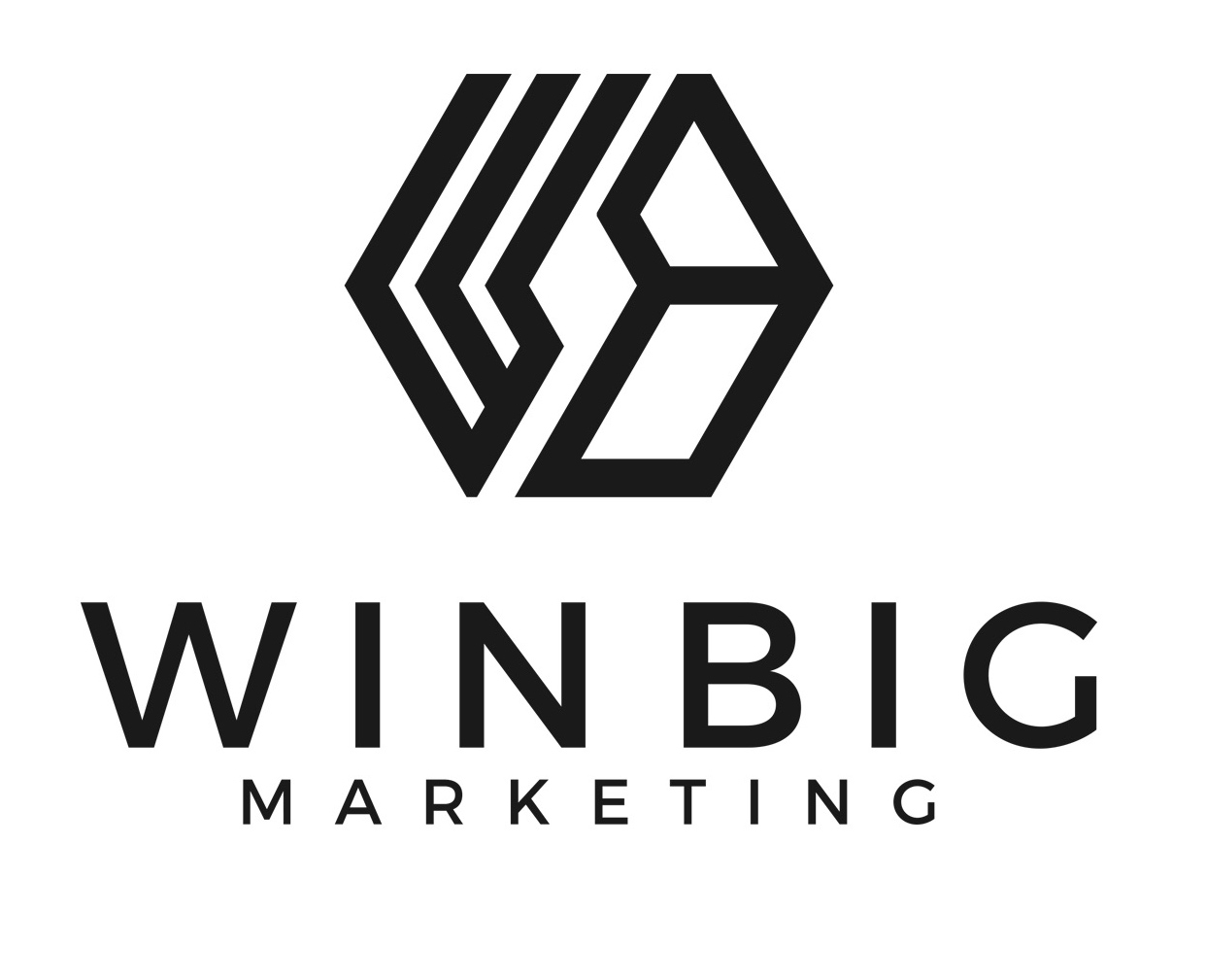Digital marketing is an essential component for small business owners to grow their business, leads, and sales in 2023. However, without setting SMART goals, digital marketing campaigns can quickly turn into a waste of time, money, and resources.
In this blog, we will discuss the importance of setting SMART goals for digital marketing campaigns and how small business owners can implement these goals using Win Big Marketing’s services.
What are SMART goals?
SMART goals are specific, measurable, achievable, relevant, and time-bound. These goals provide a clear framework for businesses to achieve their objectives and ensure that the marketing campaigns align with the overall business objectives.
Specific: Goals should be specific and clear. For example, “I want to increase my website traffic” is not specific enough. Instead, consider setting a goal like “I want to increase my website traffic by 50% within six months.”
Measurable: Goals should be measurable so that progress can be tracked. This will help determine if the efforts are paying off or if changes need to be made. For example, “I want to increase my website traffic by 50% within six months” is a measurable goal.
Achievable: Goals should be challenging but achievable. Unrealistic goals can be discouraging, leading to a lack of motivation. For example, “I want to increase my website traffic by 1000% within two months” is not an achievable goal.
Relevant: Goals should be relevant to the overall business objectives. For example, if the goal is to increase sales, a relevant goal would be to increase website traffic, improve lead generation, and boost conversion rates.
Time-bound: Goals should have a deadline to provide a sense of urgency and motivate action. For example, “I want to increase my website traffic by 50% within six months” has a deadline of six months.
Why are SMART goals important?
Setting SMART goals ensures that digital marketing campaigns are aligned with the overall business objectives, provides a clear roadmap to success, and helps track progress towards achieving the goals. SMART goals provide a measurable framework for businesses to evaluate the effectiveness of their digital marketing efforts.
How to set SMART goals for your digital marketing campaigns
Analyze your current situation
Before setting SMART goals, it’s essential to analyze the current situation. This analysis will help identify areas where improvements can be made and opportunities that can be capitalized on. The analysis should include evaluating the current digital marketing strategies, identifying strengths and weaknesses, and analyzing the competition.
Define your objectives
The next step is to define your objectives. Objectives should be specific, measurable, achievable, relevant, and time-bound. For example, a business may have an objective to increase its sales by 20% in the next six months.
Define your key performance indicators (KPIs)
Once the objectives have been defined, the next step is to identify the key performance indicators (KPIs) that will be used to measure progress towards achieving the objectives. For example, if the objective is to increase sales by 20%, KPIs might include website traffic, lead generation, and conversion rates.
Set your SMART goals
Using the objectives and KPIs, set SMART goals that will help achieve the objectives. For example, if the objective is to increase sales by 20%, a SMART goal might be to increase website traffic by 30% and lead generation by 25% in the next six months.
Implement the digital marketing campaign
Once the SMART goals have been defined, it’s time to implement the digital marketing campaign. The campaign should include a mix of different digital marketing strategies, such as search engine optimization (SEO), pay-per-click (PPC) advertising, social media marketing, and email marketing.



